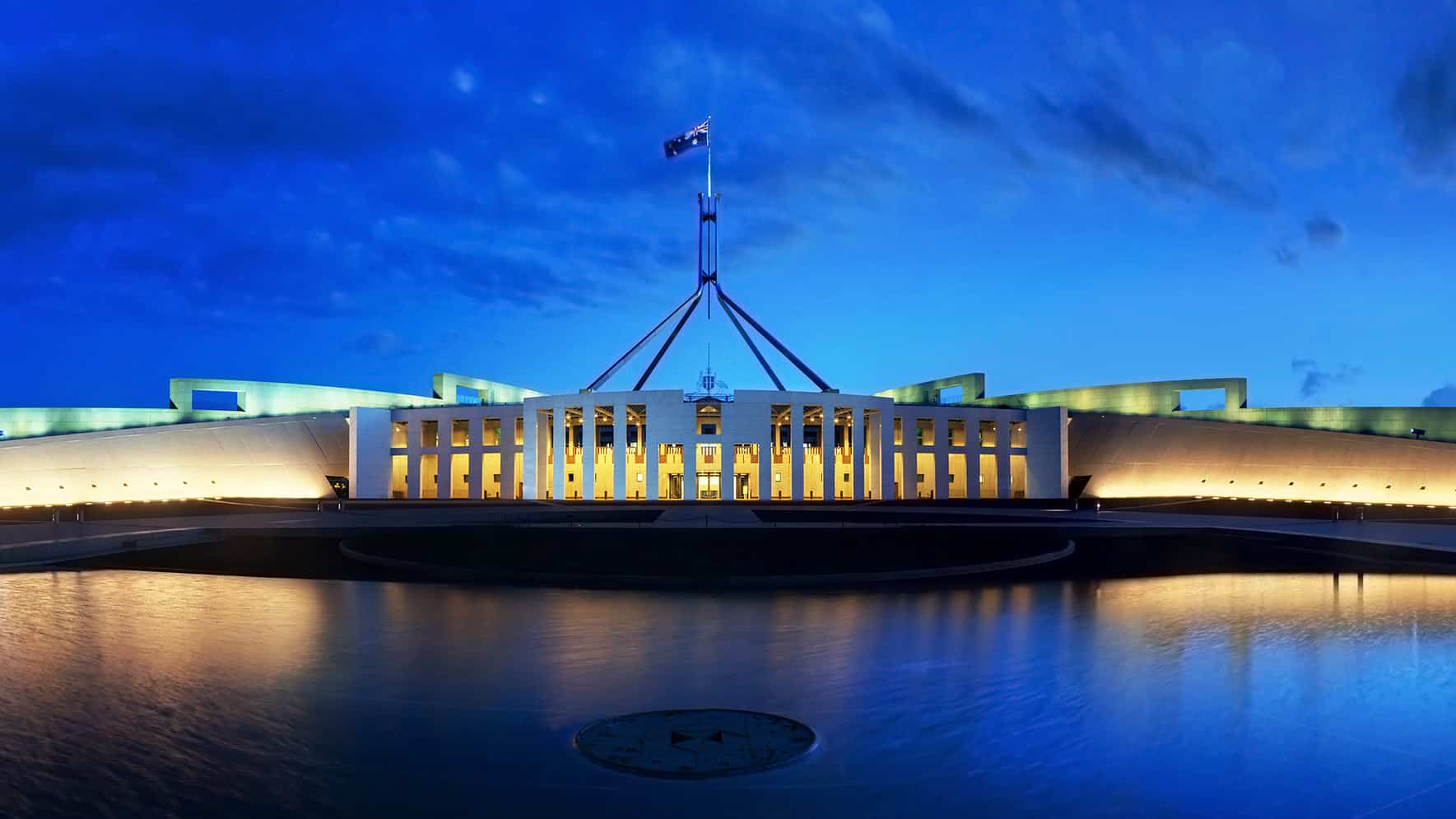The Albanese Government has broken its pre-election promise to provide “fair increases” to Financial Assistance Grants to Australia’s 537 councils in tonight’s 2024-25 Federal Budget.
ALGA President Councillor Linda Scott said these untied federal grants are vital to supporting local government to deliver more affordable housing, and cost-of-living relief through access to free and low-cost services.
“Local governments welcome the Federal Parliamentary inquiry into our financial sustainability over the long term, however councils and our communities need the immediate support that we were promised,” Cr Scott said.
“In the lead up to the 2022 election, Labor committed to providing fair increases to Financial Assistance Grants to councils. Tonight’s Budget was their last chance to deliver during their current term.
“Councils will welcome a $155 million increase in Financial Assistance Grants this year. However, this increase is the result of the legislated indexation formula, and far below the fair increases promised by the Government.
“This year’s Budget will be incredibly disappointing to many councils and communities that have been waiting for the Government to deliver on its fair funding promise over the past two years.
“Restoring Financial Assistance Grants to at least one per cent of Commonwealth taxation revenue is the key to unlocking the productivity of our cities, towns and regions, and building more liveable and vibrant communities.”
Cr Scott also welcomed the intent of new housing and active transport funding programs, and the ongoing Disaster Ready Fund, but highlighted that poor program execution would limit their success.
“The $1 billion to support new housing enabling infrastructure will be provided through state and territory governments with no guarantee it will flow to councils dealing with housing pressures,” Cr Scott said.
“Locking local governments out of federal funding to enable housing infrastructure will be a barrier to achieving the Government’s ambitious national targets.
“Councils need upfront support to upgrade our stormwater and sewerage infrastructure, or we can’t unlock the additional homes our country needs.
“The Government aims to build 1.2 million more homes, including 40,000 social and affordable homes and new remote homes in the Northern Territory. The Treasurer has acknowledged we all must work together but it’s disappointing there is no new support in this Budget to help councils play our part.
“While councils celebrate the aim of the Government’s new $100 million National Active Transport Fund, it doesn’t make sense to exclude councils from applying when we build and maintain thousands of kilometres of footpaths and cycleways.”
However, Cr Scott said councils will be delighted to see the Government follow through on its November 2023 commitment to significantly increase road funding to local government.
“Councils maintain 75 per cent of Australia’s local roads, and independent research from the Grattan Institute last year highlighted a $1 billion per year maintenance funding deficit,” Cr Scott said.
“This year’s Budget includes an extra $150 million for the Roads to Recovery program, as well as a commitment to increase this funding to $1 billion per year over the forward estimates.
“With increased federal road funding, we can significantly improve the safety and effectiveness of the roads Australians use every day, increasing our nation’s productivity while addressing our unacceptable national road toll.”
Background
- Financial Assistance Grants have been a fixture of local government funding since 1974. The grant is paid to local governments via their state or territory grants commissions according to an agreed formula set by the federal government.
- In 2024-25, Australian local governments will receive $3.27 billion in federal Financial Assistance Grants, which is approximately 0.51 per cent of Commonwealth taxation revenue. The last time FA Grants were equal to one per cent of Commonwealth taxation revenue was 1996.
- FA Grants are untied, meaning that local governments can use this federal funding to address local issues and priorities.



